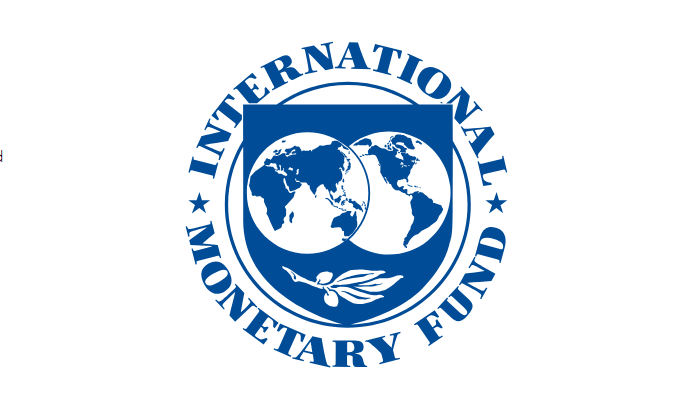BAKU, Azerbaijan, October 17. The economic outlook for the Middle East, North Africa, Afghanistan, Pakistan (MENAP), and the Caucasus and Central Asia (CCA) remains broadly positive, though challenges persist, said Jihad Azour, Director of the Middle East and Central Asia Department at the International Monetary Fund (IMF), during a press briefing, Trend reports.
“Inflation, however, remains mixed, easing in most MENA economies and Pakistan, but accelerating and still elevated in many CCA countries due to robust demand and important price pressures,” Azour said.
He noted that in the MENA region and Pakistan, growth should continue to strengthen, supported by reforms and resilient domestic demand. In contrast, in the Caucasus and Central Asia, growth is expected to moderate to a more sustainable pace, while inflation gradually declines.
Azour cautioned that “downside risks remain significant,” citing recent shocks and ongoing global uncertainty that could undermine demand or lead to tighter global financial conditions. “Persistent inflation and concerns about fiscal sustainability in advanced economies could raise borrowing costs, especially for countries in our regions with large financing needs,” he warned.
He also emphasized that the region remains exposed to geopolitical tensions and climate-related shocks, which could disrupt economic activity. Still, on the upside, “faster progress toward peace and reforms could yield stronger and more inclusive growth,” Azour added.
Turning to policy recommendations, Azour outlined three key priorities to sustain growth and strengthen resilience. “Countries should first enhance fiscal frameworks to ensure long-term sustainability, second, reinforce monetary policy credibility to anchor inflation expectations, and third, accelerate structural reforms to diversify economies, empower the private sector, and attract investment that creates jobs,” he said.
In conflict-affected countries, he stressed the importance of rapid macroeconomic stabilization, rebuilding institutions, and securing external support to enable recovery.
“Beyond immediate risks, advancing reforms that promote good governance, regional integration, and equal opportunity - especially for youth and women - will help transform today’s resilience into lasting prosperity,” Azour stated.
Reaffirming the IMF’s commitment to the regions, Azour highlighted that since early 2020, the Fund has approved nearly $56 billion in financing for countries across MENAP and CCA. In addition, the IMF has delivered over 385 capacity development projects across 31 countries, totaling $36.8 million in fiscal years 2024 and 2025.
“The IMF remains a strong partner to our members through policy advice, financing, and capacity development,” he concluded.







